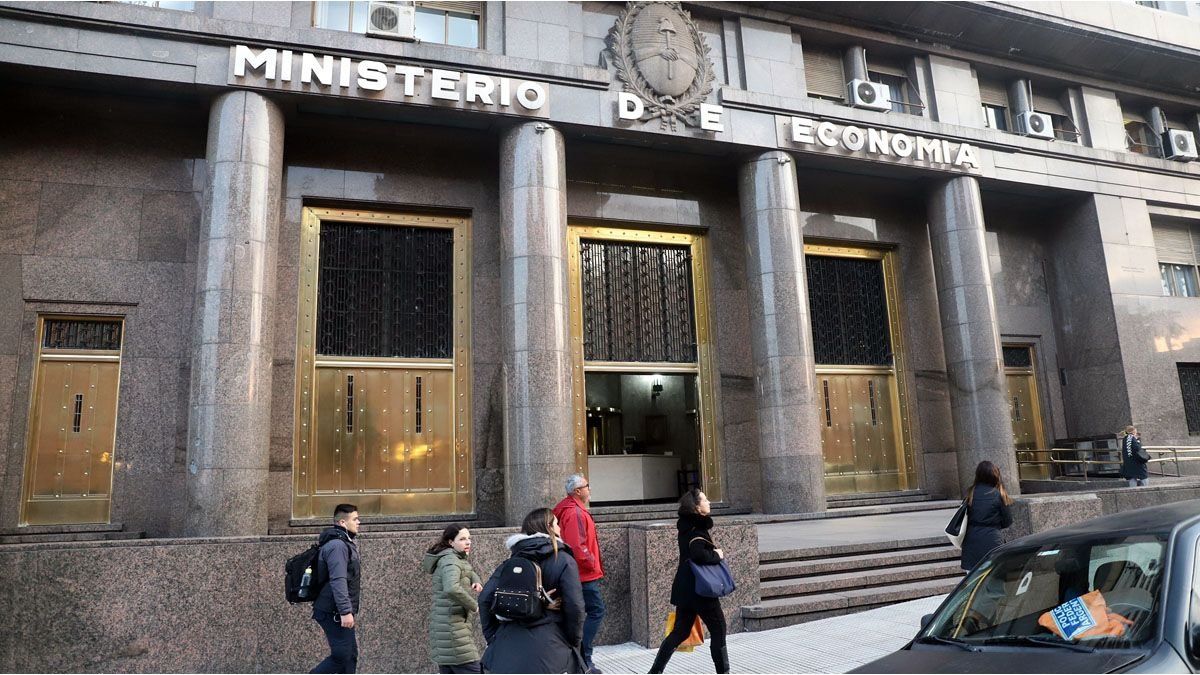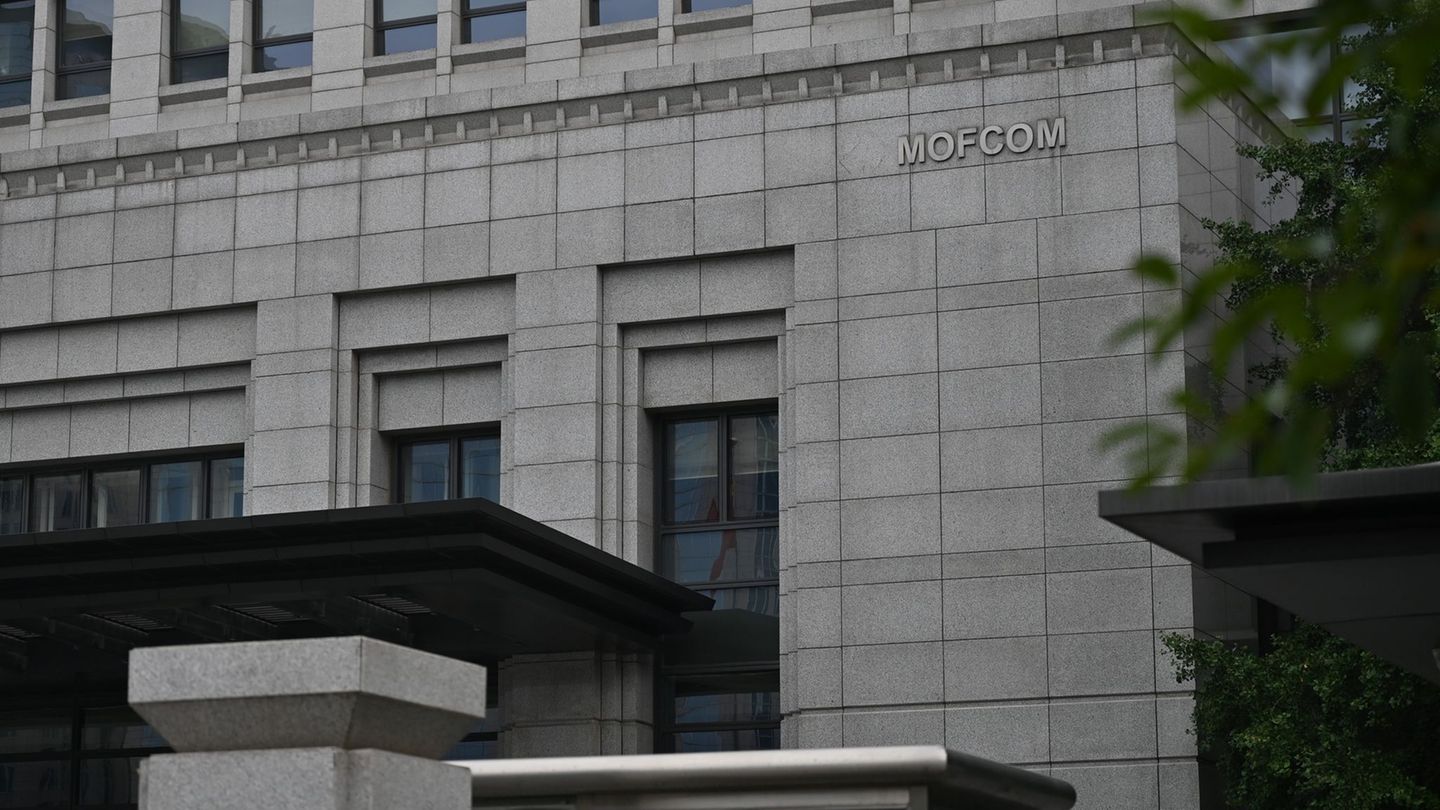The Minister of Economy, Luis Caputo, would have appealed to some accounting resources to present the National Public Sector (SPN) numbers for June, which closed with a financial surplus of $238 billion. For example, it is estimated that last month An $800,000 bill to electricity generators was not paid.
According to a survey conducted by the Argentine Center for Political Economy (CEPA), Last month’s result might actually have shown a financial deficit of $1.372 trillion.
How do you get to that? In June, they collected $213 billion in Tax on Debits and Credits postponed from May and there were $62 billion Tax COUNTRY, corresponding to the issue of Bopreales.
Besides, The payment of university salaries was postponed, which are usually settled before the end of the month, for $324 billion. Also Payment for $211 billion in plans was delayed.
June surplus: the most striking aspect of fiscal accounting
But the most striking thing, according to the expense breakdown offered by CEPA, These are subsidy payments to electricity generators, which would have reached $802 billion. last month, compared to what was paid in May.
“There was already a fiscal problem in June, but the semester was going well for them“It is striking why they did that,” said the director of CEPA. Hernan Letcher.
How to maintain the surplus in the second half of the year
If there is one thing that market operators highlight, it is the Government’s commitment to public finances. “If one looks ahead, the reduction of the PAIS Tax costs one point of GDP and in the case of the LEFI the Government has to commit the surplus to pay them in the end, because it capitalizes interest,” explained the economist.
He also pointed out that the national government has to pay the co-participation to the City of Buenos Airesas ordered by the Supreme Court ruling and also has to face the reduction of the Personal Property Tax.
Letcher considered that All those costs, “plus what they swept under the carpet” last month, have to be offset by the money launderingwith the restitution of the Income Tax and the advance of Personal property. “It is difficult to determine whether it will be possible to compensate,” the economist said. Letcher said that “It is difficult to be definitive about whether one thing can compensate for the other.”
In this regard, the The head of CEPA said that in his opinion “the scenario of income contraction and what is cut is greater than what can be compensatedbecause the drop in activity will not generate a rebound in tax variables.”
First half accounts
In a atypical month due to a sharp decline in tax resourceswhile there was an increase in spending due to the payment of bonuses, andThe Government reported that in June it had a surplus for the sixth consecutive month, which seeks to bring greater peace of mind to the markets by showing that the fiscal anchor remains firm.
“During June, the National Public Sector (SPN) recorded a financial surplus of $238,189 million, the result of a primary surplus of $488,569 million and of the interest on the public debt net of intra-public sector payments, which reached $250.380 million”the Ministry of Economy reported.
The official report states that “The SPN recorded six consecutive months of financial surplus for the first time since 2008, accumulating a surplus after interest in the year equivalent to approximately 0.4% of GDP.” According to the estimates of the Ministry of Finance, this implies a positive primary balance of approximately 1.1% of GDP.
Source: Ambito




